
CEPA
The Center for European Policy Analysis
Opinion
20.02.2020
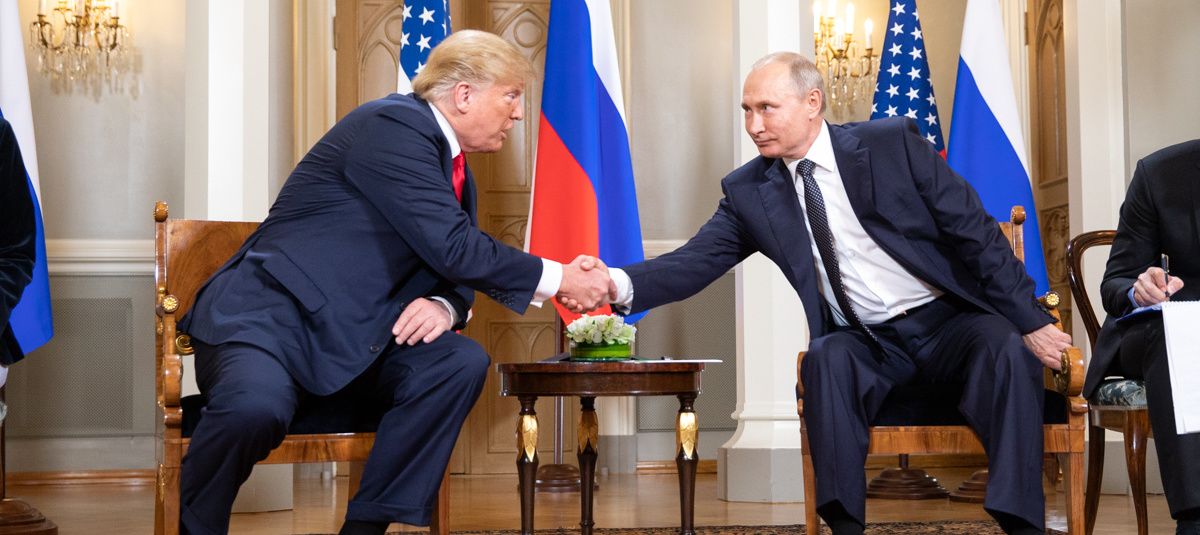
Beware Another Russia Rese
Kremlin Proposals May Look Appealing but They Raise Russia’s Influence at Our Expense. With U.S. presidential elections fast approaching, the specter of another attempted “reset” with Putinist Russia looms over Washington. Regardless of who takes the reigns in the White House next January, there is a danger that in the hope of rebuilding relations with Moscow the administration will accommodate Russia’s European ambitions and undercut America’s security interests...

CEPA
The Center for European Policy Analysis
Analysis
28.01.2020
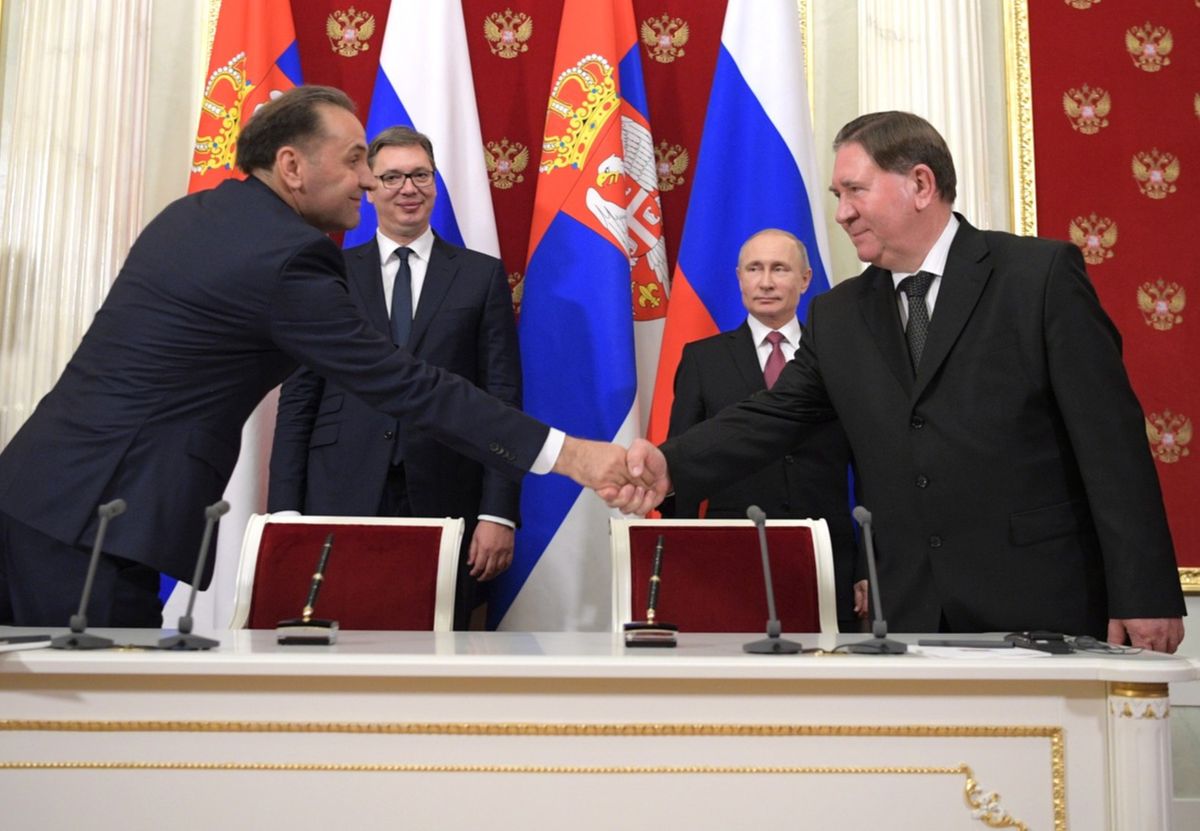
The Balkan Great Game
The Great Game, a prolonged 19th century confrontation between the British and Russian empires in Central Asia, is often invoked as a prime example of the struggle for influence between major powers. But another Great Game was played out at that time in the Balkans between Russia and several European powers when the Ottoman empire began to retreat...

CEPA
The Center for European Policy Analysis
Analysis
14.01.2020
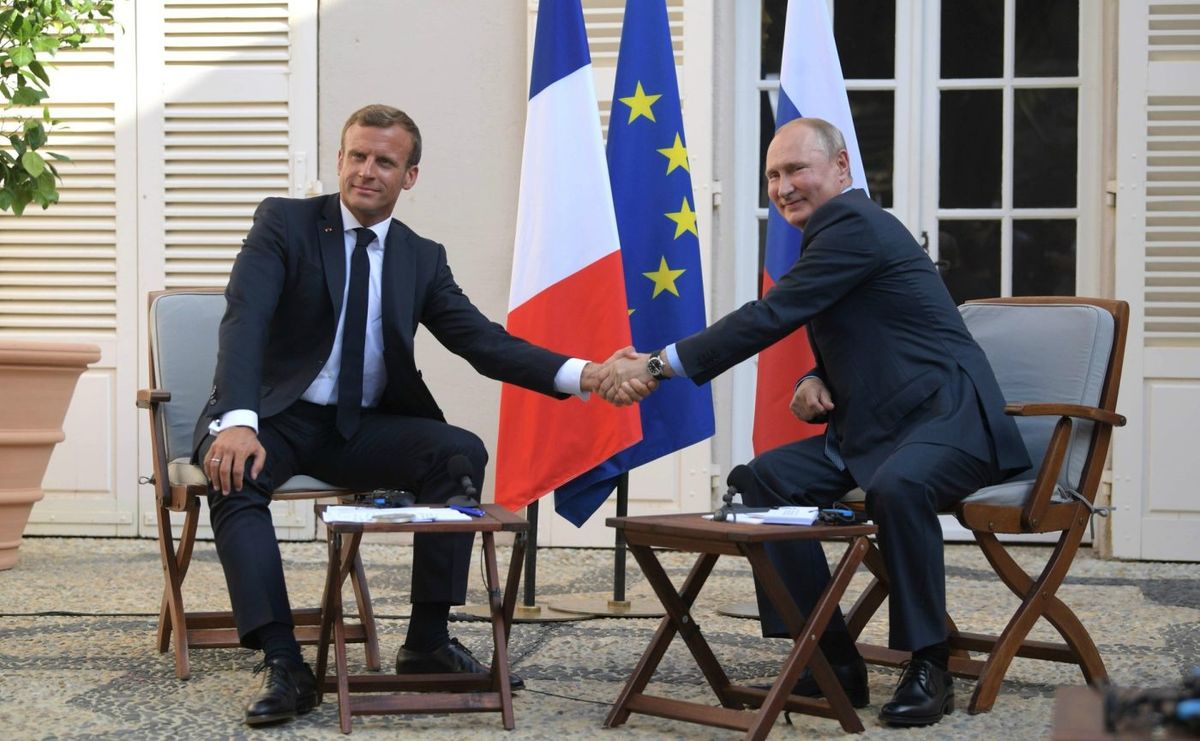
Subverting NATO From Within
Unable to Prevent NATO Enlargement, Moscow Is Intensifying Its Campaign to Subvert Alliance Members From Within. President Vladimir Putin views NATO as the main threat to Russia’s expansionism and has calculated that infiltration and disinformation are a cheaper and more effective means to undermine Western unity than a military confrontation that would expose Russia’s weaknesses...

CEPA
The Center for European Policy Analysis
Analysis
06.01.2020

Is Bosnia a Time Bomb?
French President Emmanuel Macron has described Bosnia-Herzegovina as a “ticking time-bomb” and a grave concern for Europe because of jihadists returning from Syria. He is tapping into the anti-Bosniak stereotypes propounded by former Serbian leader Slobodan Milošević during the wars in the 1990s...

CEPA
The Center for European Policy Analysis
Analysis
12.12.2019
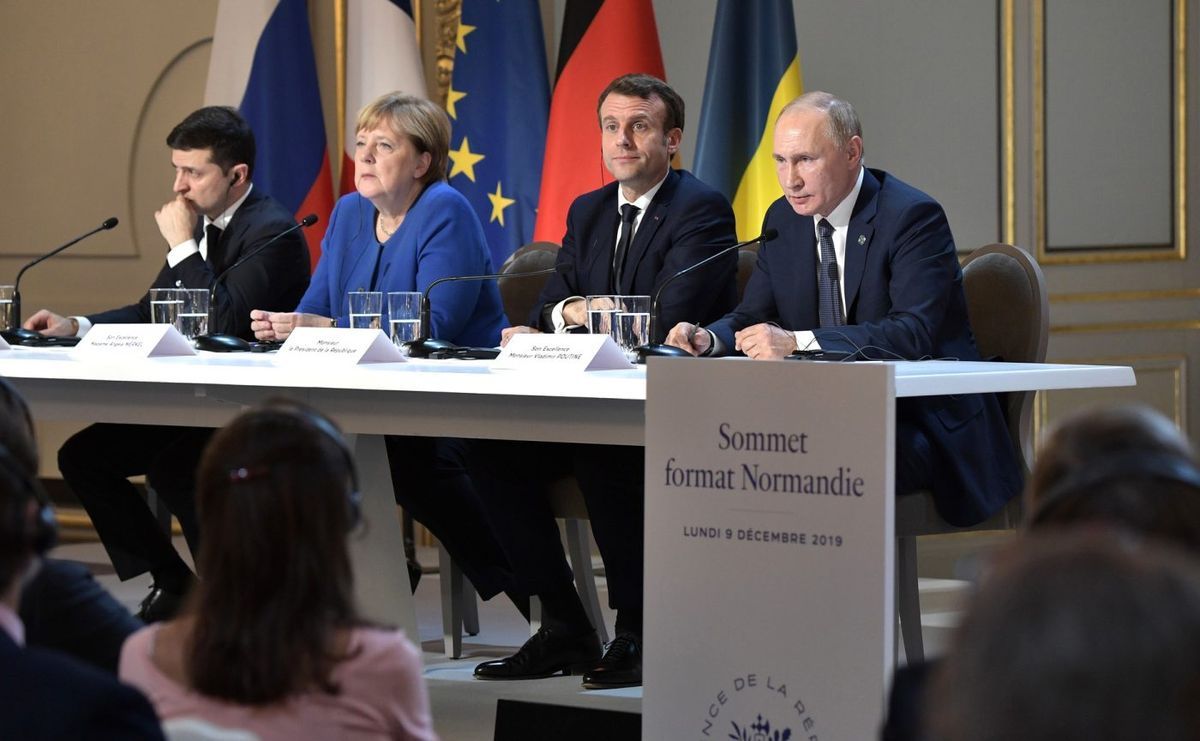
Moscow’s Salami Tactics
Well before the term “hybrid war” was coined, the Kremlin pursued a strategy of subverting and seizing the territories of former satellites. Moscow’s approach to its neighbors is an international variant of the “salami tactics” applied by communist regimes to divide and eliminate domestic political opposition...

CEPA
The Center for European Policy Analysis
Analysis, Opinion
26.11.2019

NATO’s East Flank Conflict Scenarios
At NATO’s London Summit on 3-4 December 2019, Alliance leaders will refocus their attention on the Black Sea. This will provide a valuable opportunity to assess the dangers facing the Alliance’s most vulnerable flank between the Black and Baltic Seas, particularly from conflicts promoted by Moscow...

CEPA
The Center for European Policy Analysis
Analysis
07.11.2019
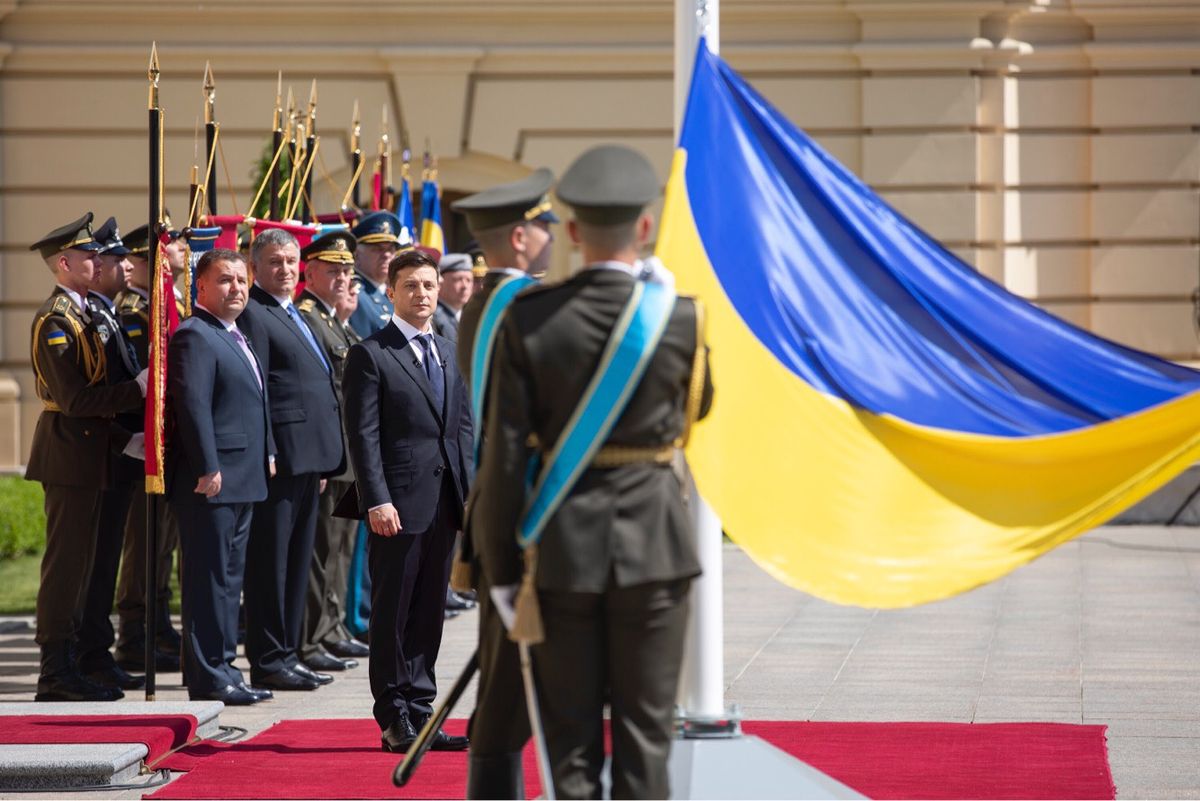
Ukraine’s Historic Centrality
Ukraine’s centrality in Washington’s impeachment probe is overshadowed by the country’s historical and political centrality in Europe. With Russia defining itself as “Eurasian,” Ukraine is the biggest country in Europe, spanning several sub-regions, with the second-longest Black Sea coastline, and bordering six European states. It is also battling with a revisionist Moscow not only over its territorial integrity and international alliances but also over Ukrainian identity and history...

CEPA
The Center for European Policy Analysis
Analysis
25.10.2019

Brussels’ Balkan Cul De Sac
The European Union’s failure to launch accession talks with Albania and North Macedonia at its October summit may contribute to destabilizing the Western Balkans. French blockage of the enlargement process will also encourage Moscow’s subversive activities throughout the region...

CEPA
The Center for European Policy Analysis
Analysis
16.10.2019
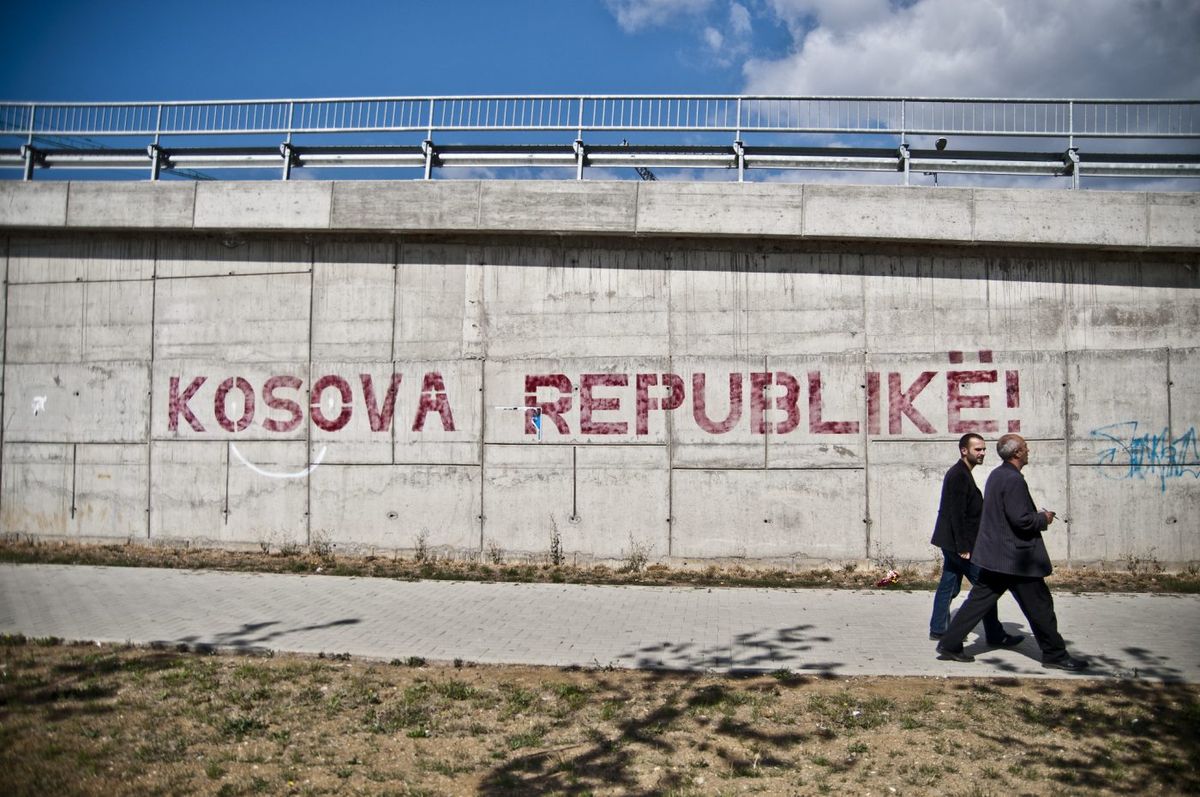
Kosova’s Crucial Crossroads
Kosova has reached an important crossroads in its development as an independent state. A major opposition party surprisingly won the general elections on October 6 and pledged to conduct major house cleaning to reform the country’s institutions and accelerate the process of EU accession. Meanwhile, the appointment of a new U.S. envoy to restart talks between Kosova and Serbia provides fresh impetus for a final resolution to one of the most intractable regional problems...

CEPA
The Center for European Policy Analysis
Analysis
27.09.2019
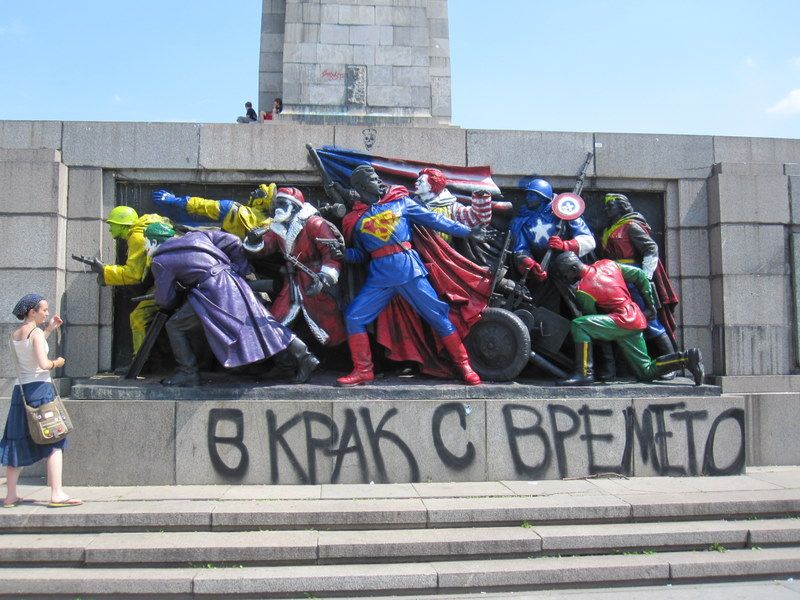
Bulgaria Challenges Moscow
Despite Bulgaria’s NATO membership, Moscow has exploited its historically cordial ties with Sofia to undermine the country’s Western commitments. However, a struggle is now intensifying between traditional pro-Russia lobbies and Western-leaning activists who are reasserting Bulgarian identity. To fully affirm its distinctiveness, Bulgaria needs to reclaim its history, uphold its sovereignty, and thwart Moscow’s pernicious political influences...

CEPA
The Center for European Policy Analysis
Analysis
10.09.2019
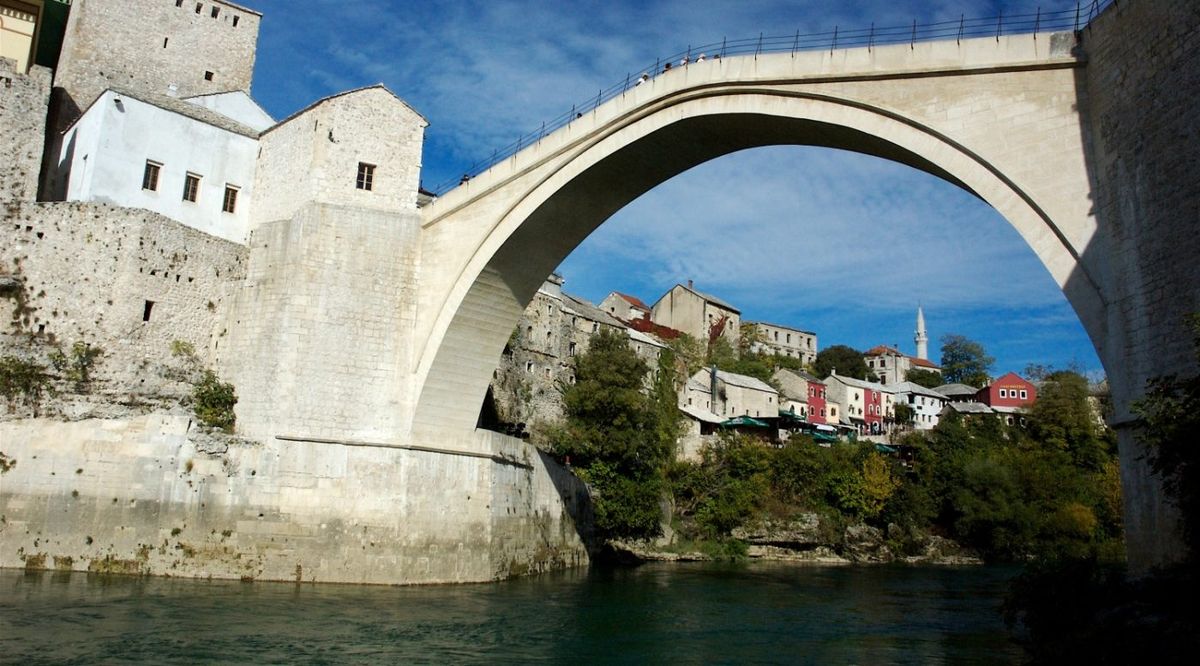
Balkan Hurdles
The appointment of Deputy Assistant Secretary Matthew Palmer as U.S. Special Representative for the Western Balkans is a significant move. It reinvigorates Washington’s commitment to conflict resolution and international integration. However, while raising expectations of America’s effectiveness, it may prove insufficient in dealing with the most intractable regional problems...

CEPA
The Center for European Policy Analysis
Analysis
27.08.2019

Moscow Prepares for U.S. Elections
The Kremlin is preparing a hostile intervention in the 2020 U.S. presidential elections. It is uncertain which candidate Moscow will ultimately favor, but its primary objective is to foster divisions in American society and spread distrust in the democratic process...